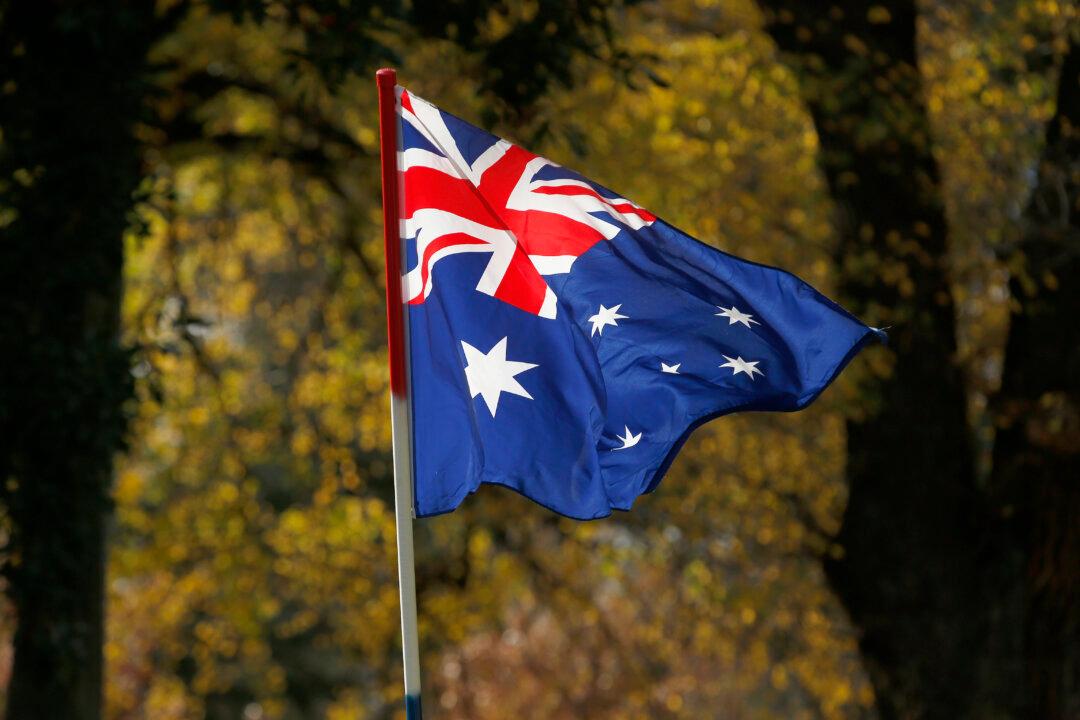Commentary
The Australian Federation was created under “the Crown of the United Kingdom of Great Britain and Ireland,” as stated in the preamble to the Commonwealth of Australia Constitution Act 1900 (UK).


The Australian Federation was created under “the Crown of the United Kingdom of Great Britain and Ireland,” as stated in the preamble to the Commonwealth of Australia Constitution Act 1900 (UK).